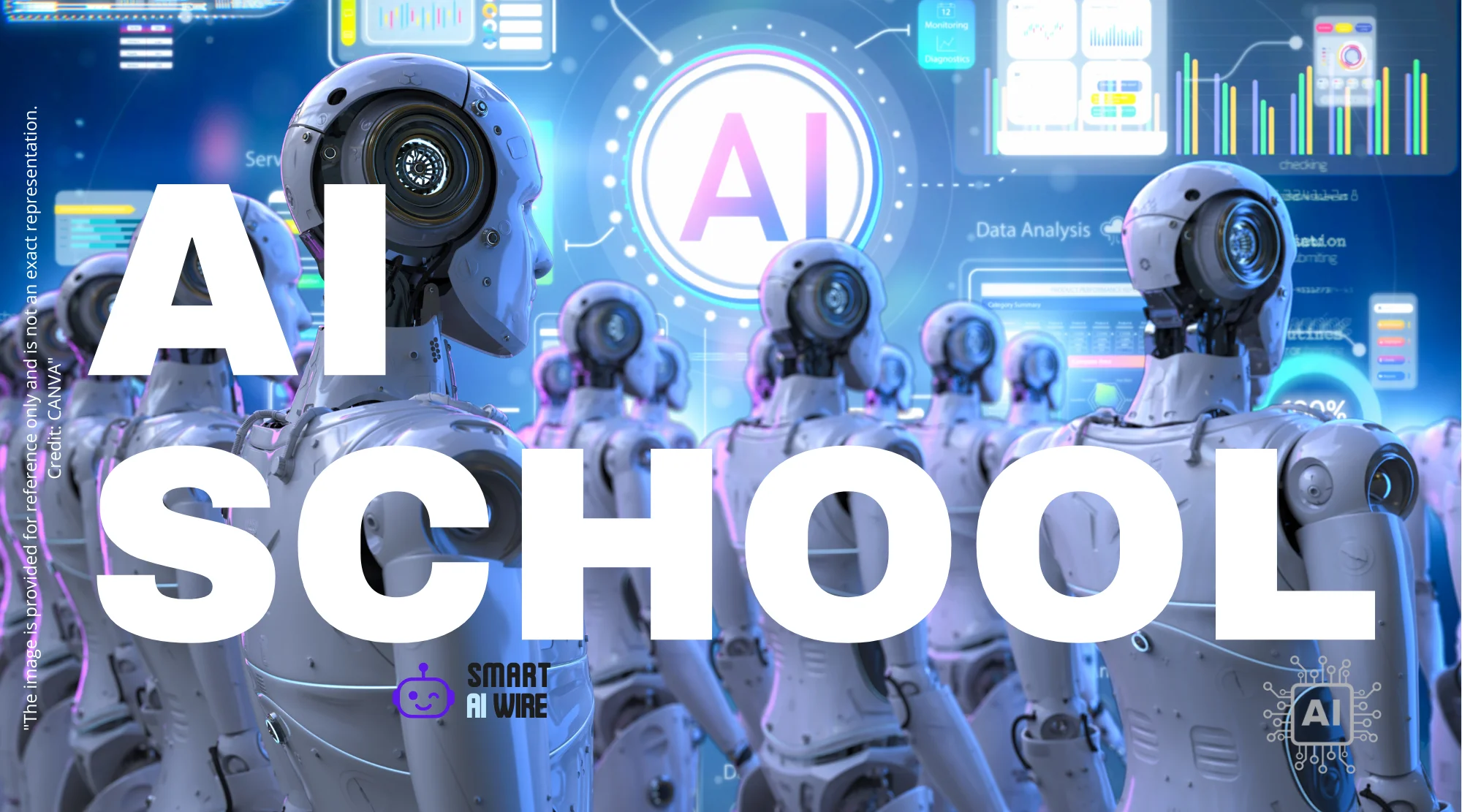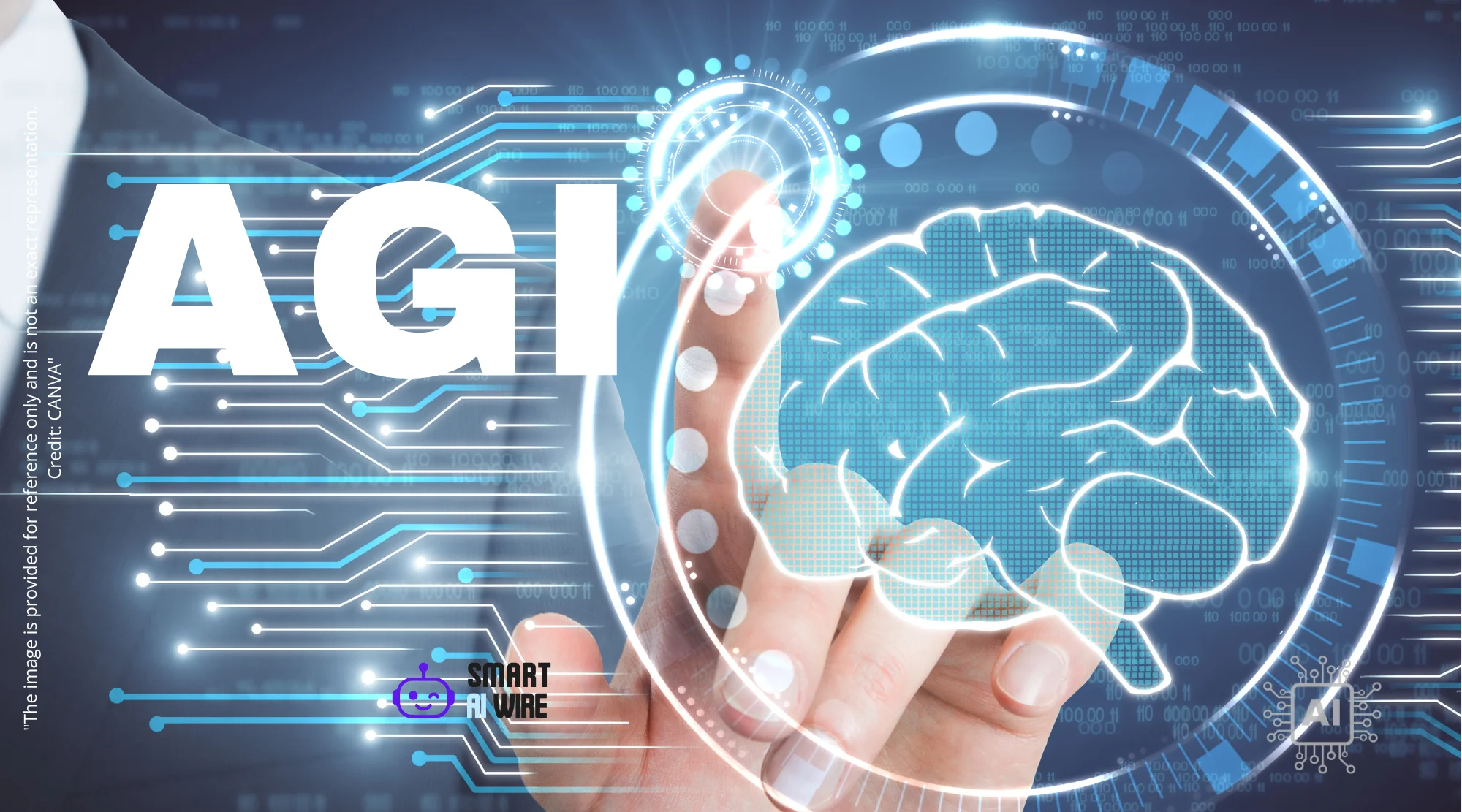AI and the Shifting Sands of Work: Shorter Weeks or Sweeping Job Losses?
The rapid ascent of artificial intelligence has caught many by surprise, with AI systems now adeptly handling foundational tasks once relegated to interns and early-career professionals. While some foresee an existential threat to employment, a growing chorus of influential figures, including tech titans and financial leaders, are framing AI’s arrival not as a destroyer of jobs, but as a catalyst for unprecedented productivity. This paradigm shift, they argue, could fundamentally redefine the workweek, potentially ushering in an era of reduced working hours without sacrificing output. This optimistic outlook, however, is tempered by stark warnings about the immediate disruptive effects of automation on vast segments of the current workforce.

The Vision of a Three-Day Workweek Fueled by AI
The notion of a significantly shorter workweek, powered by AI, is gaining traction among prominent industry leaders. Bill Gates, co-founder of Microsoft, has been a vocal proponent of this idea, suggesting that AI’s productivity enhancements could make a five-day workweek obsolete. In an interview on Trevor Noah’s podcast “What Now?”, Gates articulated his belief that if machines can efficiently produce essential goods and services, humanity might be freed from extensive labor. He stated, “If we eventually get to a society where you only have to work three days a week or something like that, then it probably wouldn’t be a problem if the machines could produce all the food and the other products, and we didn’t have to work as much.” Gates sees AI as a short-term solution for boosting productivity by alleviating some of the more strenuous aspects of work.
Echoing this sentiment, Jensen Huang, CEO of NVIDIA, a company at the forefront of AI hardware development, views the current era as the nascent stage of an AI revolution. He posited in a Fox Business interview that widespread AI adoption could indeed pave the way for a four-day workweek. Huang drew a parallel to the historical transition from the seven-day workweeks of the Industrial Revolution to the current five-day standard, framing a further reduction as a natural evolutionary step. However, he also cautioned that this increased efficiency might paradoxically lead to individuals becoming “busier in the future than we are now,” hinting at a potential redefinition of workload and responsibilities rather than a simple reduction.
The financial sector, known for its demanding hours, is also seeing proponents of a shorter week. Jamie Dimon, CEO of JPMorgan Chase, shared his perspective with Bloomberg TV, suggesting that the next generation might realistically work “three and a half days a week” due to technological advancements. This indicates that the impact of AI is not confined to the tech industry but is poised to influence even the most traditional and labor-intensive fields.
Adding to this influential group is Eric Yuan, CEO of Zoom. In a New York Times interview, Yuan expressed his optimism about AI’s potential to improve lives and questioned the necessity of the traditional five-day workweek. He anticipates that AI’s ability to streamline tasks and enhance efficiency will free up considerable time, rendering long working days unnecessary and allowing for a more balanced approach to professional life. This collective vision from industry leaders suggests a potential future where AI acts as a liberator, enabling a significant reduction in working hours and improving overall work-life balance. This aligns with the broader discussions around AI and the Future of Work: Shorter Weeks or Sweeping Job Losses?.
The Stark Reality: Job Displacement and Evolving Labor Markets
While influential figures paint an optimistic picture of a future with reduced working hours, real-world data and analyses present a more complex and potentially challenging scenario regarding AI’s immediate impact on employment. Reports from organizations like the World Economic Forum highlight a dual nature to AI’s influence on the job market. The ‘Future of Jobs 2025’ report estimates that approximately 92 million jobs could be displaced due to automation and the increasing use of AI. This figure underscores the significant disruption that many industries and their workforces are poised to face.
However, the same report also projects the creation of around 170 million new roles. These emerging jobs are expected to be closely linked to the development, implementation, and maintenance of AI and automation technologies. This net positive creation of 78 million jobs offers a glimmer of hope, suggesting a transformation rather than outright elimination of employment. Yet, the transition period and the nature of these new roles present their own set of challenges.
Leading AI figures themselves are articulating the vulnerability of certain job sectors. Dario Amodei, CEO of Anthropic, has pointed out that entry-level positions, particularly in office environments, are among the most susceptible to complete automation within the next five years. This warning suggests that roles requiring repetitive, rule-based tasks are at high risk of being replaced by AI systems.
Sam Altman, CEO of OpenAI, has offered a broader, more profound outlook, predicting that half of all jobs will undergo substantial changes within a single generation. He emphasizes the rapid pace of this reconfiguration, indicating that many current professions will be radically transformed or rendered obsolete in a matter of years. This forecast suggests that adaptability and continuous learning will become paramount for individuals to navigate the evolving employment landscape. The AI Job Cuts Surpass 10,000 in 2025: Understanding the Impact and Future of Work article delves into these immediate impacts.
The World Trade Organization (WTO) has also weighed in on AI’s economic implications, suggesting that while AI could boost global trade by an estimated 37%, it also carries the significant risk of exacerbating existing inequalities. This highlights the potential for AI to widen the gap between those who benefit from technological advancements and those who are left behind, underscoring the need for policies that ensure equitable distribution of AI’s economic benefits. You can read more about this in the WTO: AI Could Boost Global Trade 37% But Risks Widening Inequality article.
Productivity Gains: A Boon for Workers or a Threat to Job Security?
The central question arising from the AI revolution is whether the anticipated surge in productivity will translate into tangible improvements in workers’ lives, such as shorter workweeks and better work-life balance, or whether it will primarily serve to increase efficiency at the cost of job security and worker compensation. Historically, technological advancements have sometimes led to both outcomes, depending on the industry, economic climate, and societal responses.
Consider the software engineering profession, a sector already deeply impacted by AI’s capabilities. Instead of experiencing a reduction in working hours, many software engineers are reportedly facing increased pressure, demanding more intense work for potentially less compensation. This suggests that in some fields, AI is not creating a more relaxed work environment but rather accelerating workflows and raising expectations, without necessarily improving the quality of life for the workforce. This scenario raises concerns about the potential for AI to become a tool for intensified labor rather than a means for reduced work hours.
The debate is further complicated by the fact that AI is increasingly being used to automate not just repetitive tasks but also cognitive ones. Tools like GitHub Copilot, which assists developers in writing code, exemplify how AI can augment human capabilities but also potentially reduce the need for a large number of human coders for certain projects. Microsoft’s own internal use of GitHub Copilot, as highlighted in Microsoft se pone seria con el uso de GitHub Copilot: sus empleados la usaban poco, pero eso está a punto de cambiar, indicates a drive to leverage AI for increased developer productivity, which could have implications for staffing levels in the future.
The potential for AI to create more jobs is often cited, and indeed, the demand for AI-related skills is booming. Articles like AI Jobs Pay 28% More: Unlock Higher Salaries with These In-Demand Skills showcase the lucrative opportunities in this field. However, these opportunities often require specialized knowledge and continuous upskilling, leaving those without access to such training at a disadvantage. The development of AI is a continuous process, requiring constant adaptation. For instance, understanding Tokens and Embeddings Explained: The Core of AI Language Understanding is crucial for those working with AI models.
The impact of AI on various sectors is profound. In healthcare, AI is revolutionizing diagnostics and patient care, as seen in AI in Healthcare: The Indispensable Medical Ally of the Future and AI in Healthcare Supply Chains: Predictive Tools for Unprecedented Resilience. For educators, AI tools are transforming exam preparation, as demonstrated by AI for Educators: Opospills’ Emotional Support Revolutionizes Exam Prep. Even creative fields are being reshaped, with tools like Google AI Studio enabling the transformation of 2D photos into 3D models, as explored in Google AI Studio: 2D Photos to Stunning 3D Models w/ Prompts and Google’s Gemini AI Image Editor Transforms Photos into 3D Models.
Navigating the Future: Adaptation and Strategic Implementation
The transformative potential of artificial intelligence on the labor market is undeniable, presenting both immense opportunities and significant challenges. The optimistic vision of a shorter workweek, driven by AI-enhanced productivity, is alluring, but it must be balanced with a pragmatic understanding of the immediate disruptions and the potential for increased labor intensity. The successful integration of AI into the workforce will hinge on strategic planning, proactive adaptation, and a commitment to equitable outcomes.
For individuals, this means embracing a mindset of continuous learning and skill development. The skills in demand are rapidly evolving, and staying abreast of the latest AI advancements will be crucial. This could involve acquiring expertise in areas like AI development, data science, AI ethics, or even mastering the art of prompt engineering to effectively leverage AI tools. For example, understanding how to craft effective prompts for AI tools can significantly enhance productivity, as highlighted in resources like Gemini AI Prompts: Unlock Its Full Potential Now! and Smart ChatGPT Prompts: 15 Ways to Simplify Kids’ Homework.
For businesses, the imperative is to implement AI not solely for cost reduction or increased output but also to augment human capabilities and improve the overall employee experience. This requires a thoughtful approach to job design, ensuring that AI tools are used to empower workers, free them from mundane tasks, and allow them to focus on more creative and strategic endeavors. Exploring how AI can revolutionize operations, as discussed in Top AI Business Applications 2025: Revolutionize Your Operations Now, is essential. The development of AI also brings new ethical considerations, such as in Grok AI Ethics: Navigating the Complexities of Content Generation and Safety and the ongoing discussions around AI companion safety for children, as seen in FTC Probes OpenAI, Meta Over AI Companion Safety for Kids.
Governments and educational institutions have a critical role to play in shaping this transition. This includes investing in reskilling and upskilling programs, developing ethical AI frameworks, and implementing social safety nets to support those displaced by automation. The appointment of an AI Minister in Albania, as reported in Albania Appoints AI Minister: Diella’s Historic Leap into Governance, signifies a growing global recognition of AI’s importance in governance and policy-making.
Ultimately, the future of work in the age of AI is not predetermined. It will be shaped by the choices made today. The goal should be to harness AI’s power to create a more productive, equitable, and fulfilling future for everyone, ensuring that the benefits of this technological revolution are shared broadly. This journey requires careful navigation, continuous dialogue, and a collective commitment to building a future where technology serves humanity. The core of AI’s transformative impact can be understood through a broader lens in articles like AI Revolution: Understanding Artificial Intelligence’s Transformative Impact Today and AI Revolution: Decoding the Future of Intelligence and Innovation.




3 thoughts on “AI and the Future of Work: Shorter Weeks or Job Losses?”